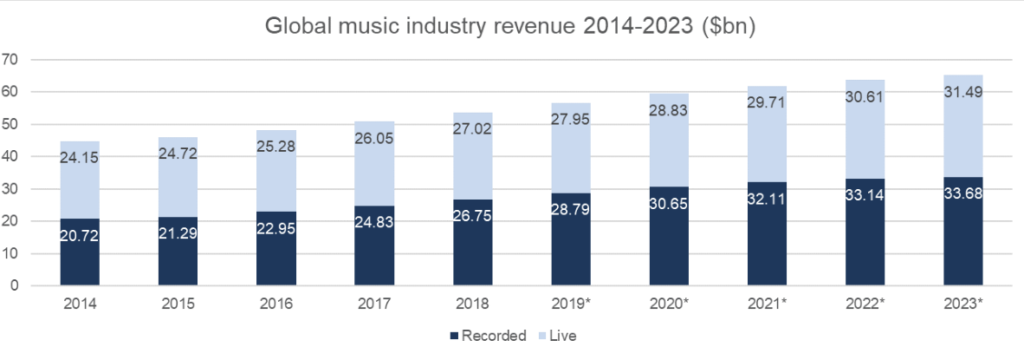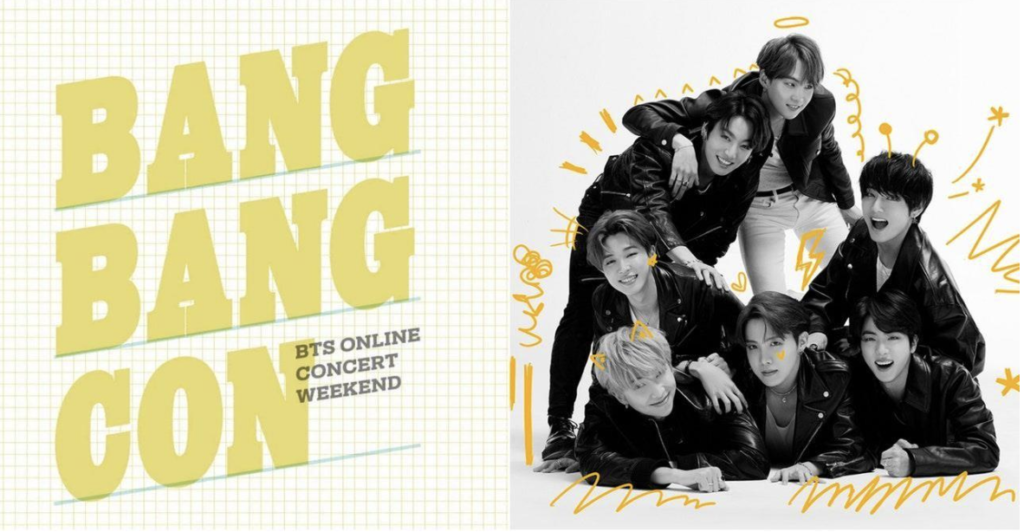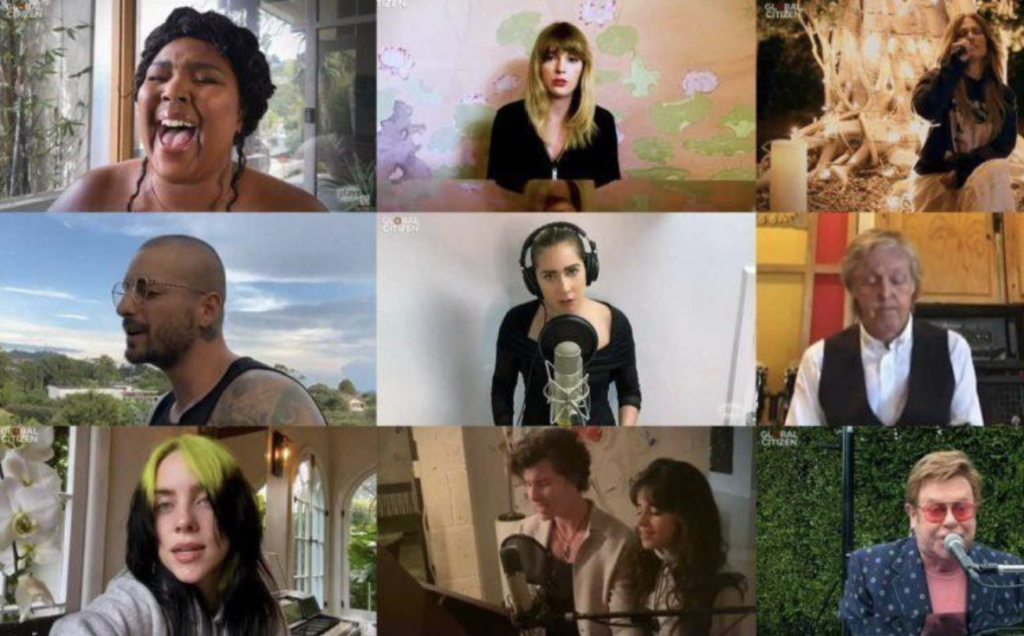179Views

Emerging Trends in Business Marketing Post Covid: Music Industry
With the recent years having been spent in the isolation of our own homes, everything within ourselves and the world has rapidly transformed. Everything we perceive has been changed in some way or the other. Our believes have shifted courses, and that translated into our propensity to behave differently since the pandemic.

With various means to get us through the trying period of isolation, us as consumers relied on music as one of the many means to keep us satisfied. And here, we will talk about how music and the way it is being marketed to us consumers have changed over the period of the pandemic.
Concerts and live music were an essential part of the music industry. It was an era where artists lived for the joy of performing and we breathed for the essence of the experience of live music. Covid snatched that away. So, the music industry had to come up with an ingenious method to promote music with the best of their abilities.
The solution? Digital platforms.
Live streaming picked up a huge traction since the pandemic, and sites like Twitch and Youtube were used a source of promoting one’s artistic talents, or even play games for that matter.
Many artists took to these methods to promote their music, to use this digital platform as a method to convey what they couldn’t in person. These also served a replacement for live music, with the facility of ‘Livestream Tipping’ being introduced.
Music Group BTS, for an example, took up this exact tactic to market their newly released album and music: A virtual concert. Titled ‘Bangbangcon: The Live’, this virtual concert garnered a total of more than 2.7 million viewers.

To derive from the method discussed earlier, music and its marketing strategies started to focus more on its digital and social media aspects. Social Media became the new market for music, with it being promoted over popular applications such as TikTok and Instagram, for we all remember having catchy tunes being stuck in our heads after a minute on Instagram.
With engagement rates on social media having increased by 23% and for a micro- blogging website like Twitter to have had a 61% user increase, this seemed like a perfect opportunity for music to gain attention rapidly.
Social Media not only included such websites, but also online magazine interviews, podcasts and music-streaming sites too. These methods proved to be a huge boon for the music industry, as these methods gained a lot of recognition.
We have seen many artists focusing on selling their digital album copies in addition to the physical ones.
Financially, this decision proves to a goodwill message as in the year 2020 alone, these music streaming sites saw a 70% hike in revenues. With major music names such as Billie Eillish, Taylor swift, BTS, Shawn Mendes opting for a digital route to spread the name of their art, we can witness the revolution music and its industry has gone through in the recent years.



